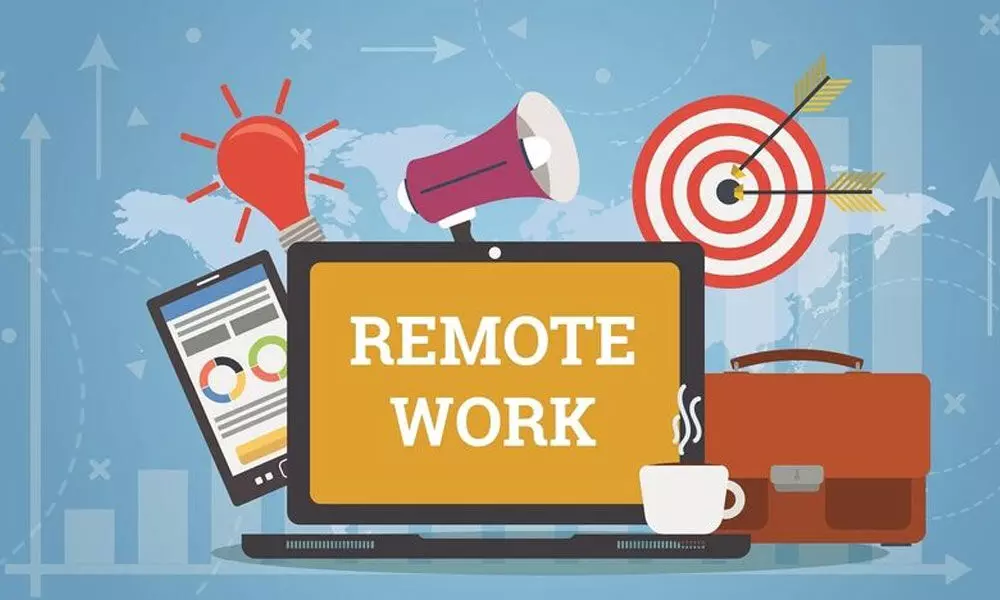Burnout feeling goes up in workforce

Burnout feeling goes up in workforce
Microsoft study reveals that longer workdays contributing to feelings of burnout
San Francisco: If you've been feeling overwhelmed at work lately, you are not alone as a new Microsoft study has shown that the pandemic has increased the feeling of burnout at work among about 30 per cent of workers. Longer workdays have contributed significantly to these feelings of burnout amid the pandemic, said the "Work Trend Index" report.
Workers in Australia saw the highest increase in workday span in Microsoft Teams, with a medium increase in burnout. While workers in Germany saw very little change to workday span or feelings of burnout, said the report.
"The top stressor shared globally was worry about getting Covid-19, followed by lack of separation between work and life, feeling disconnected from co-workers, and unmanageable workload or hours," Jared Spataro, Corporate Vice President for Microsoft 365, wrote in a blog post. The report looked at how the pandemic has impacted wellbeing at work globally.
The study examined how productivity patterns in Microsoft Teams have shifted since early this year and surveyed over 6,000 information and 'Firstline' workers in eight countries including Australia, Brazil, Germany, Japan, India, Singapore, the UK, and the US.
Microsoft defines first-line workers as people whose primary role function is to work directly with customers or the general public. The report also includes studies from the Microsoft Research group that shed light on the surprising productivity benefits of our once-dreaded commute. The study also found that nearly 30 per cent of workers have not been provided the tech or protective equipment they need to effectively socially distance by their company.
The data showed that even six months past the first work-from-home orders, people are in significantly more meetings, taking more ad hoc calls and managing more incoming chats than they did before the pandemic.
After-hours chats, or chats between 5pm and midnight, have also increased. Perhaps more interestingly, the share of Microsoft Teams users sending those chats after hours has more than doubled.
In other words, there is a whole group of people who never touched a keyboard after 5pm before the pandemic - now, they do. In the study, one third of remote workers said the lack of separation between work and life is negatively impacting their wellbeing.
"Commutes provide blocks of uninterrupted time for mentally transitioning to and from work, an important aspect of wellbeing and productivity," Shamsi Iqbal, Principal Researcher at Microsoft Research said in a statement.
"People will say, 'I'm happy I don't have to commute anymore. I'm saving time.' But without a routine for ramping up for work and then winding down, we're emotionally exhausted at the end of the day." Of those surveyed, 70 per cent said meditation could help decrease their work-related stress. This number increased to 83 per cent for those managing childcare or homeschooling.








